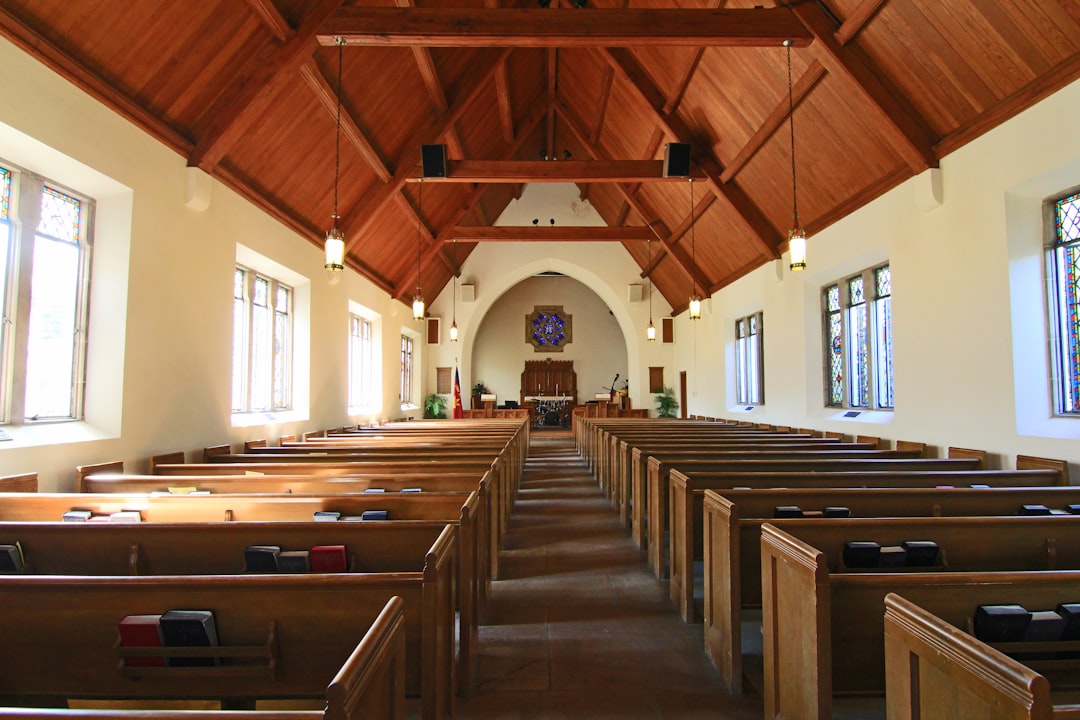Texas clergy sexual assault cases require specialized legal help due to unique institutional dynamics. A Texas clergy abuse lawyer navigates complex state laws, institutional liability, and reporting procedures. Choosing an experienced attorney specializing in sensitive cases ensures victims' rights are protected, offering guidance for justice and recovery.
In Texas, clergy sexual assault is a serious issue requiring specialized legal representation. Understanding the nuances of clerical abuse from a legal perspective is crucial for victims seeking justice. This article delves into navigating Texas laws protecting victims’ rights and offers guidance on choosing the right clergy abuse lawyer. We explore case strategies, available resources, and provide insights to support survivors, ensuring they receive the assistance they deserve in pursuing legal action against perpetrators.
Understanding Clerical Abuse: A Legal Perspective

Clergy sexual assault, a deeply sensitive and complex issue, demands a nuanced legal approach in Texas. Many victims face unique challenges when pursuing justice due to the power dynamics at play within religious institutions. A clergy abuse lawyer in Texas can provide crucial support, ensuring victims’ rights are protected and their stories are heard.
From a legal standpoint, these cases often require careful navigation of state laws regarding sexual assault, consent, and institutional liability. Victims may struggle with deciding whether to press charges or seek private resolution, especially considering the potential impact on their faith community. A skilled lawyer can guide them through these complexities, offering expert advice tailored to Texas’s legal framework, ultimately helping to secure justice and closure for those affected by clergy-perpetrated sexual abuse.
Navigating Texas Laws for Victims' Rights

Navigating Texas laws regarding clergy sexual assault is crucial for victims seeking justice. In Texas, clergy members face unique legal challenges when accused of sexual misconduct due to specific state laws and canons that govern religious institutions. It’s essential for victims to consult a competent clergy abuse lawyer in Texas who understands these intricate legalities.
Victims’ rights advocates must be aware that the reporting and prosecution of such crimes within the church often involve complex procedures, including mandatory reporting requirements for clergy and potential conflicts between secular and religious laws. A well-versed clergy abuse lawyer can guide victims through these complexities, ensuring they exercise their legal rights effectively while pursuing justice for their suffering.
Choosing the Right Clergy Abuse Lawyer

Choosing the right clergy abuse lawyer in Texas is a critical step for victims seeking justice and healing. It’s essential to find an attorney who specializes in handling sensitive cases like these, possessing extensive knowledge of state laws and church policies related to sexual misconduct. Look for lawyers with experience representing clients in similar situations, as they will understand the unique challenges and complexities involved.
When selecting a clergy abuse lawyer, consider their track record, reputation, and communication style. A good attorney should offer compassionate support while providing clear guidance throughout the legal process. Ensure they are licensed to practice in Texas and have a proven ability to effectively negotiate or litigate cases on behalf of victims. This specialized legal representation can help victims navigate the complexities of the justice system and seek the compensation and closure they deserve.
Supporting Survivors: Case Strategies and Resources

Supporting survivors of clergy sexual assault is a critical aspect of ensuring justice and healing. For victims in Texas, navigating legal options can be daunting, but specialized legal representation can make all the difference. A clergy abuse lawyer in Texas understands the unique challenges faced by these individuals and employs tailored case strategies to protect their rights and pursue accountability.
These strategies often involve connecting survivors with vital resources, including counseling services, medical care, and support groups. By providing comprehensive assistance, a skilled lawyer enables victims to focus on their recovery while building a strong legal case against the perpetrators. This holistic approach ensures that justice not only serves as a protective measure but also empowers survivors to share their stories and disrupt patterns of abuse within religious institutions.




